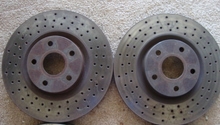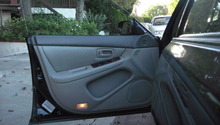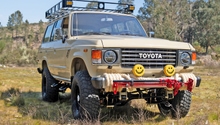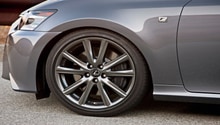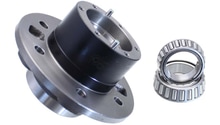Lexus: Why Are My Wheels Squeaking?
A squeaking noise coming from the wheels is most likely a suspension issue. Here's what to do if you hear this noise.
This article applies to the Lexus IS, ES, GS, and RX (2005-2013).
A squeaking sound can occur for a couple of different reasons. To diagnose it as efficiently as possible, you'll need to try to isolate when the sound occurs and where the sound is coming from. Use this article to determine the specific circumstances related to the sound and learn how to repair the issue accordingly.

Materials Needed
- Socket set
- Tire iron
- Jack
- Jack stand
Step 1 - Is there squeaking while driving over bumps?
The shocks may be worn out.
If the sound is only present when going over bumps, there's a chance the shocks are worn out. Worn out shocks will also give a poor ride quality. However, depending on how long they've been worn, the ride quality change may be hard to notice from getting used to it overtime. You can test the shocks by going to any corner of the car and pushing it down; the car shouldn't keep bouncing. if it continues to bounce a few times, this means the shocks are worn and need replacing.
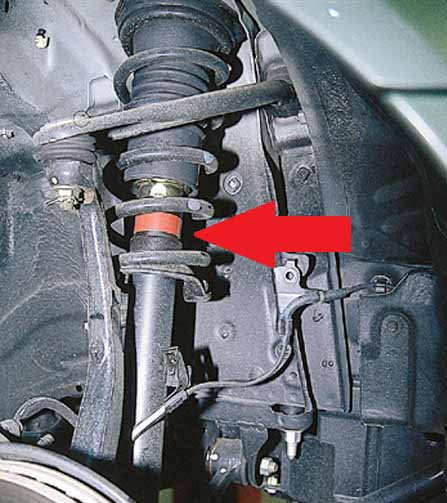
Step 2 - Does the sound change when turning?
The wheel bearings might be bad.
When wheel bearings go bad they can begin to squeak. Turning causes the weight on that bearing to be loaded or unloaded, thus causing the squeak to go away or be present during the turn. To test for bad wheel bearings you can jack up that wheel, hold the tire at the 10 and 2 position, and try to wiggle it. Any play in the wheel is a sign of a bad wheel bearing.
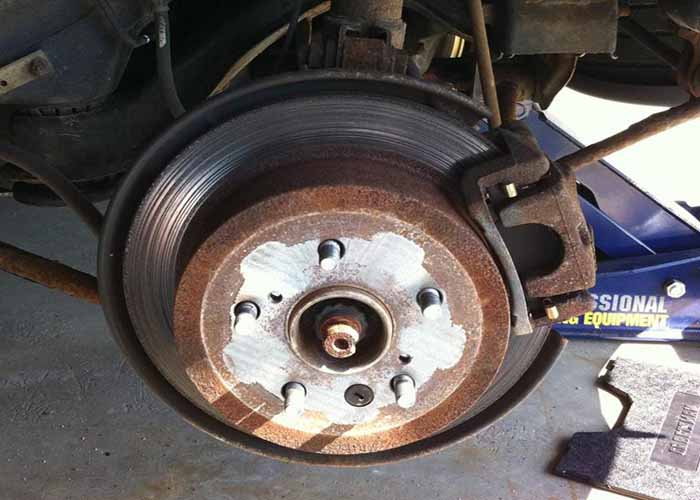
Step 3 - Does the sound change when braking?
A brake pad may be dragging.
If the sound changes when you apply the brakes, there's a chance you have a brake pad that is dragging. You can check for a dragging pad by removing the wheel and looking for any abnormal wear lines on the brake pad and the rotor. If you do have a dragging pad, it can also cause the car to feel like it's pulling to the side that the pad is on.
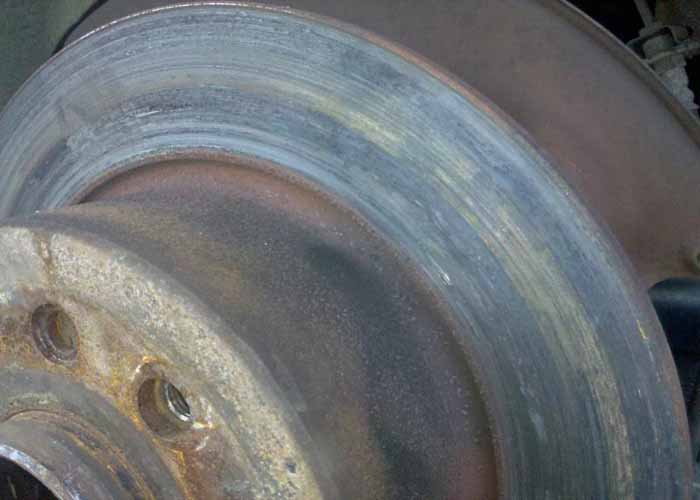
Related Articles
- How to Change a Tire - ClubLexus.com
- How to Change Brake Pads - ClubLexus.com
Step 4 - Is there squeaking in cold weather?
The bushings may be dry.
If you only get the squeak when it's cold outside, the issue is most likely because of a bushing. The cold causes the bushings to dry up which can lead to squeaking. You can test the bushings by greasing the ones that have zerk fittings and using WD-40 or something similar on the ones that don't. Going through them one by one so it's easier to narrow down which one needs replacing is recommended.
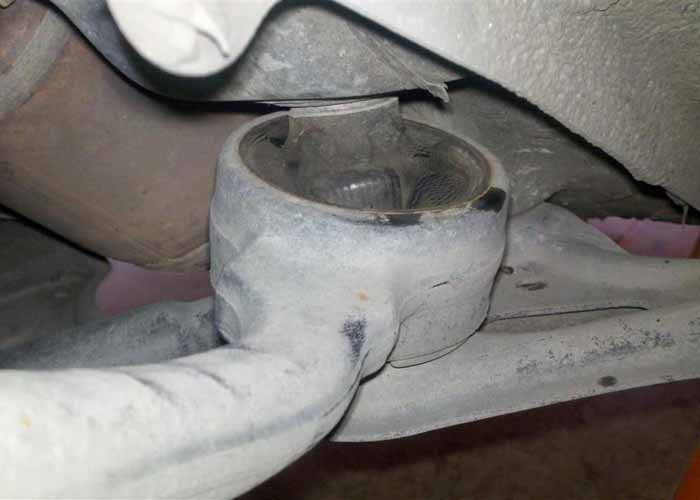
Related Discussions
- Squeaking Front Suspension - ClubLexus.com
- Brake Squeaking - ClubLexus.com
- Wheel Squeaking - ClubLexus.com

